India’s rapid economic growth, rising urbanisation, and evolving consumption patterns have significantly increased waste generation. From plastic packaging to discarded electronics, millions of tonnes of waste are produced annually. Extended Producer Responsibility (EPR) has emerged as a critical framework, transforming waste from an environmental challenge into a valuable economic resource - paving the way for a sustainable, circular economy.
A growing number of producers and importers are completing EPR registration with the Central Pollution Control Board (CPCB) to operate legally under this framework. Through valid EPR certification, companies can prove that they meet waste collection, recycling, and safe disposal obligations. For manufacturers across multiple sectors, holding an EPR certificate is now an essential requirement for demonstrating environmental compliance.
Table of Contents
- What is Extended Producer Responsibility (EPR) in India?
- Legal Framework and CPCB Guidelines for EPR in India
- How EPR Turns Waste into Wealth?
- EPR in Key Sectors of Waste Management
- CPCB & SPCB Role in EPR Compliance
- Economic and Environmental Benefits of EPR
- Challenges in EPR Implementation
- Conclusion
--------------Blog Contact Form-------------
What is Extended Producer Responsibility (EPR) in India?
Extended Producer Responsibility (EPR) is an environmental policy approach that makes producers accountable for the entire lifecycle of their products - from design and production to post-consumer waste management. Businesses must ensure proper collection, recycling, and safe disposal once products reach the end of their life.
Globally, EPR policies have proven effective in reducing landfill waste, improving recycling rates, and encouraging eco-friendly product design. In India, EPR is becoming a cornerstone of waste management and compliance strategies, making EPR registration mandatory for producers, importers, and brand owners. Only those with an authorised EPR certificate can operate in line with national environmental regulations.
Legal Framework and CPCB Guidelines for EPR in India
India has integrated EPR compliance into multiple waste management regulations, making it mandatory across several industries. The primary rules include:
1. Plastic Waste Management Rules, 2016 (amended in 2022)
Requires producers, brand owners, and importers to collect and recycle a fixed percentage of the plastic they introduce.
2. E-Waste Management Rules, 2022
Obligates manufacturers of electrical and electronic equipment to ensure authorised collection and recycling.
3. Battery Waste Management Rules, 2022
Ensures collection, refurbishment, or recycling of used batteries to reduce hazardous waste.
4. Tyre Waste EPR Framework
Promotes retreading, crumb rubber production, or fuel recovery from waste tyres.
5. Used Oil EPR Guidelines
Mandates collection and re-refining of used oil in line with CPCB norms.
6. Non-Ferrous Metal Recycling EPR
Covers recovery of valuable metals like copper, aluminium, and lead from scrap and end-of-life products.
7. End-of-Life Vehicle (ELV) EPR Regulations
Ensures dismantling and recycling in an environmentally sound manner.
These rules are enforced by the CPCB and State Pollution Control Boards (SPCBs) through official EPR portals, where businesses complete registration, submit compliance reports, and secure EPR certification.
How EPR Turns Waste into Wealth?
Under EPR, waste is seen not just as an environmental challenge but as a valuable resource stream. The framework delivers both environmental and economic benefits:
1. Boosting Recycling and Reuse Industries
EPR generates demand for waste collection, sorting, and recycling infrastructure, creating jobs and supporting local economies.
2. Recovering Valuable Resources
Materials like plastic, metals, glass, and rare earth elements recovered from waste can be reused in manufacturing, lowering production costs.
3. Integrating the Informal Waste Sector
India’s informal waste pickers are often incorporated into formal supply chains, improving livelihoods while supporting compliance targets.
4. Driving Innovation
Meeting EPR targets motivates companies to invest in eco-design, biodegradable packaging, and efficient production methods.
EPR in Key Sectors of Waste Management
The key sector under EPR waste management are:
1. Plastic Waste
India generates around 3.4 million tonnes of plastic waste annually. EPR ensures that producers collect and recycle a fixed percentage, and EPR registration is mandatory for all plastic producers, brand owners, and importers to operate legally.
2. E-Waste
With growing electronic consumption, e-waste is one of the fastest-growing waste streams. EPR mandates manufacturers to channel e-waste to authorised recyclers, with proof of recycling forming part of the EPR certification documentation.
3. Battery Waste
The surge in electric vehicles and portable electronics has made battery waste management critical. EPR registration in the battery sector ensures that companies take responsibility for collection and recycling before receiving an EPR certificate from the regulatory authority.
4. Tyre and Rubber Waste
EPR schemes for tyres encourage retreading, recycling into crumb rubber, or converting waste into fuel. Only those with valid EPR certification can demonstrate compliance with these recovery targets.
5. Used Oil
EPR for used oil requires producers and bulk consumers to collect and send used oil to authorised re-refiners, ensuring resource recovery and preventing environmental contamination.
6. Non-Ferrous Metals
EPR obligations for non-ferrous metals such as aluminium and copper focus on recycling scrap into new products, reducing mining demand and associated emissions.
7. End-of-Life Vehicles (ELVs)
EPR for ELVs mandates authorised dismantling, recovery of reusable parts, and recycling of metals, plastics, and glass to minimise waste sent to landfills.
CPCB & SPCB Role in EPR Compliance
The Central Pollution Control Board (CPCB) is the apex authority that frames guidelines for Extended Producer Responsibility (EPR) registration, waste tracking, and annual target fulfilment. It operates the official CPCB EPR registration portal, where producers, importers, and brand owners must apply for an EPR certificate and submit compliance reports.
The State Pollution Control Boards (SPCBs) act as enforcement agencies, conducting inspections, verifying annual returns, and ensuring that EPR rules are followed at the ground level. They also take action against violators, including fines and suspension of operations. To comply, businesses must:
- Apply for CPCB EPR registration online with accurate documents.
- Partner with authorised recyclers and upload recycling proof.
- Maintain detailed digital waste tracking records for audits.
- Strong CPCB-SPCB coordination ensures legal compliance, transparent waste management, and progress toward India’s circular economy goals.
Economic and Environmental Benefits of EPR
Here’s What Businesses Gain
- Reduced landfill dependency through structured waste diversion.
- Job creation across waste collection, transport, and recycling sectors.
- Lower carbon footprint by reusing recovered materials.
- Circular economy growth, supported by verifiable EPR certification.
- Brand reputation enhancement for companies holding a valid EPR certificate.
Challenges in EPR Implementation
These Are the Hurdles to Overcome
- Low awareness of EPR registration requirements among SMEs.
- Lack of recycling infrastructure in remote regions.
- Difficulty integrating informal waste collectors into formal systems.
- Fraudulent EPR certification claims that weaken enforcement.
Conclusion
Extended Producer Responsibility is no longer optional in India - it is a strategic necessity. Completing EPR registration, securing EPR certification, and maintaining a valid EPR certificate ensures that producers meet both legal and environmental obligations while tapping into the economic benefits of recycling and resource recovery.
By turning waste into wealth, EPR is reshaping industries, creating green jobs, and protecting the environment for future generations.
FAQ`s
An official CPCB database listing all registered producers, importers, and brand owners with valid EPR certificates.
Any producer, importer, or brand owner handling products under EPR rules, including plastics, electronics, batteries, tyres, and more.
Yes. MSMEs dealing in EPR-covered products must register and hold a valid EPR certificate.
Apply via the CPCB EPR portal by submitting business details, documents, and fees for certification approval.
Typically 15–30 working days, depending on document accuracy and CPCB processing time.
Legal compliance, brand trust, access to structured recycling systems, and contribution to the circular economy.
This portion of the site is for informational purposes only. The content is not legal advice. The statements and opinions are the expression of author, not corpseed, and have not been evaluated by corpseed for accuracy, completeness, or changes in the law.
BOOK A FREE CONSULTATION
Get help from an experienced legal adviser. Schedule your consultation at a time that works for you and it's absolutely FREE.
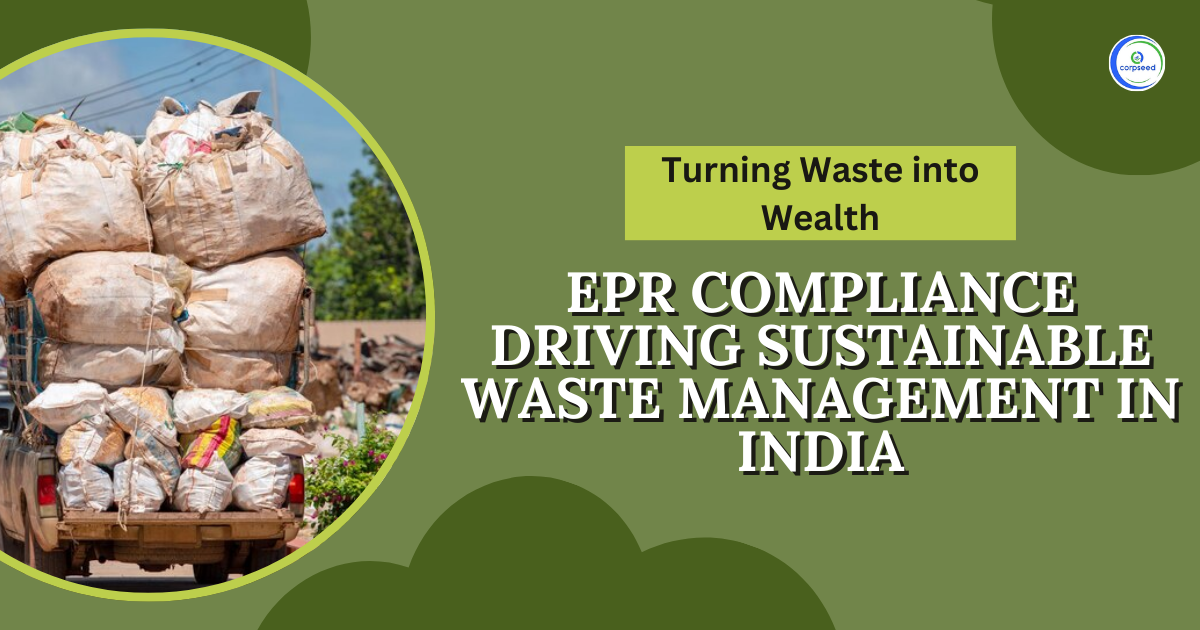

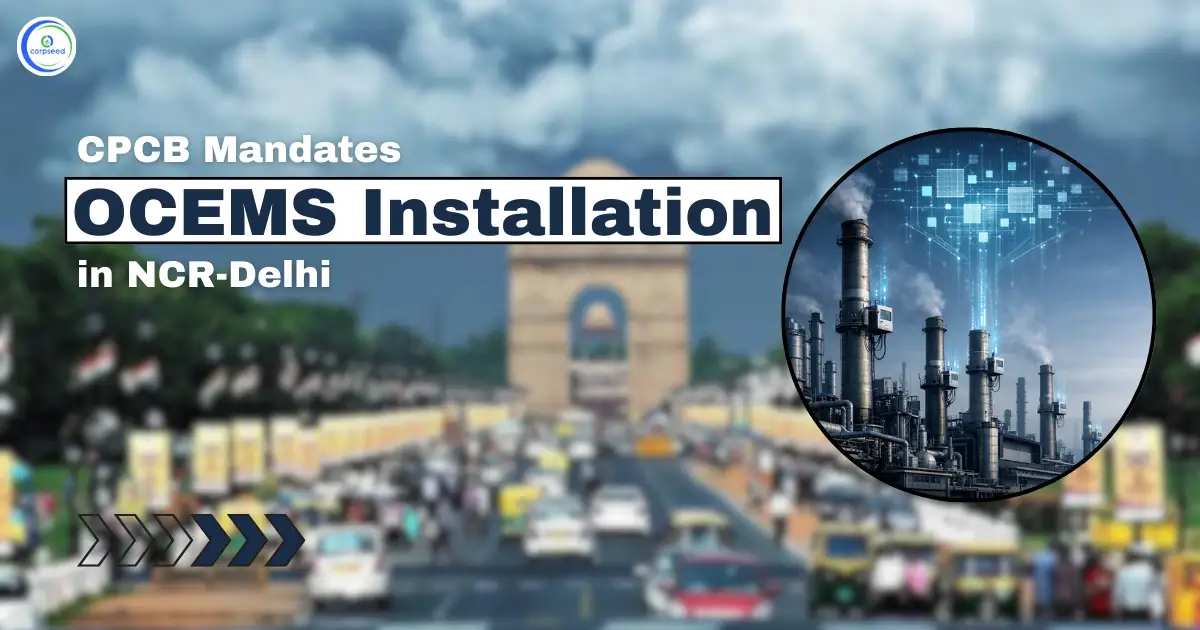
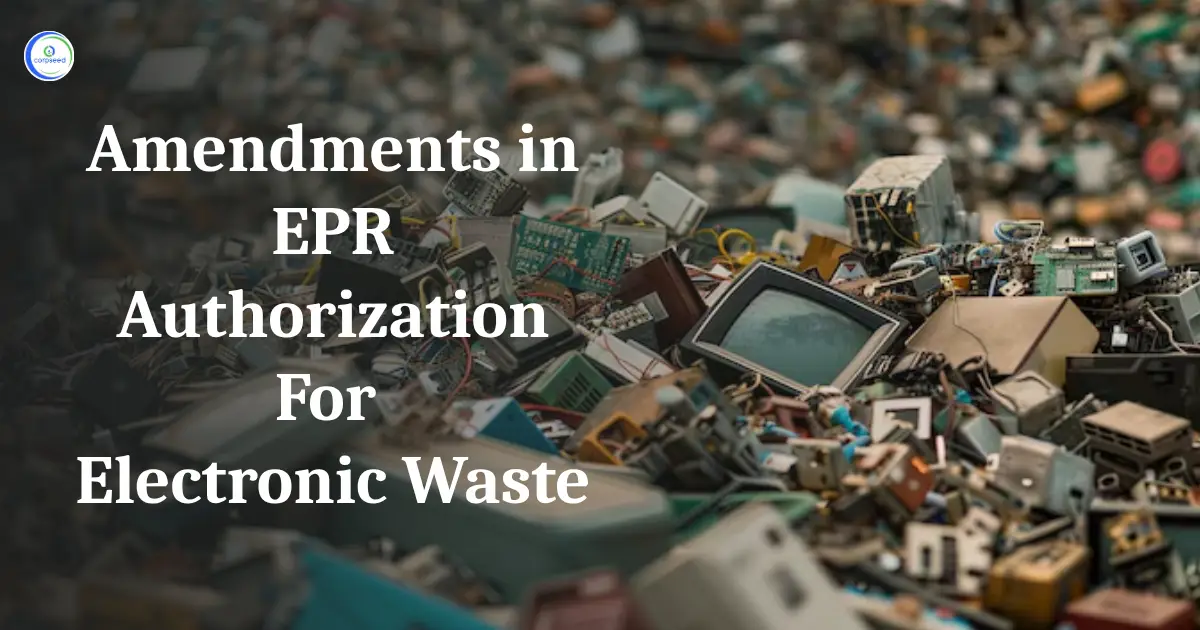
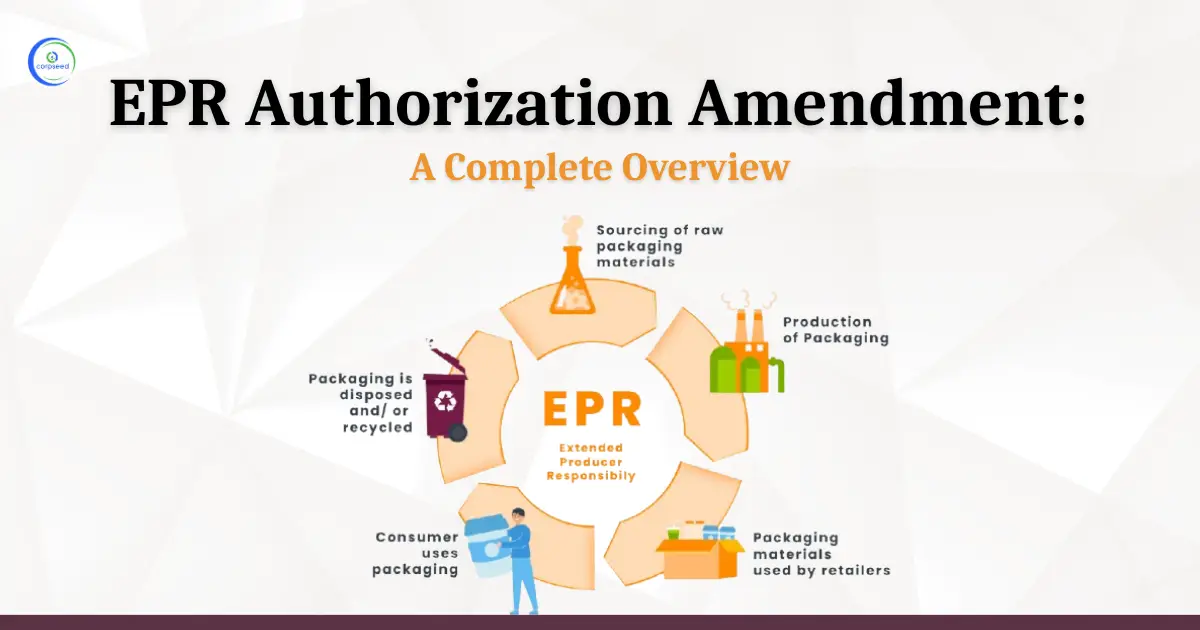
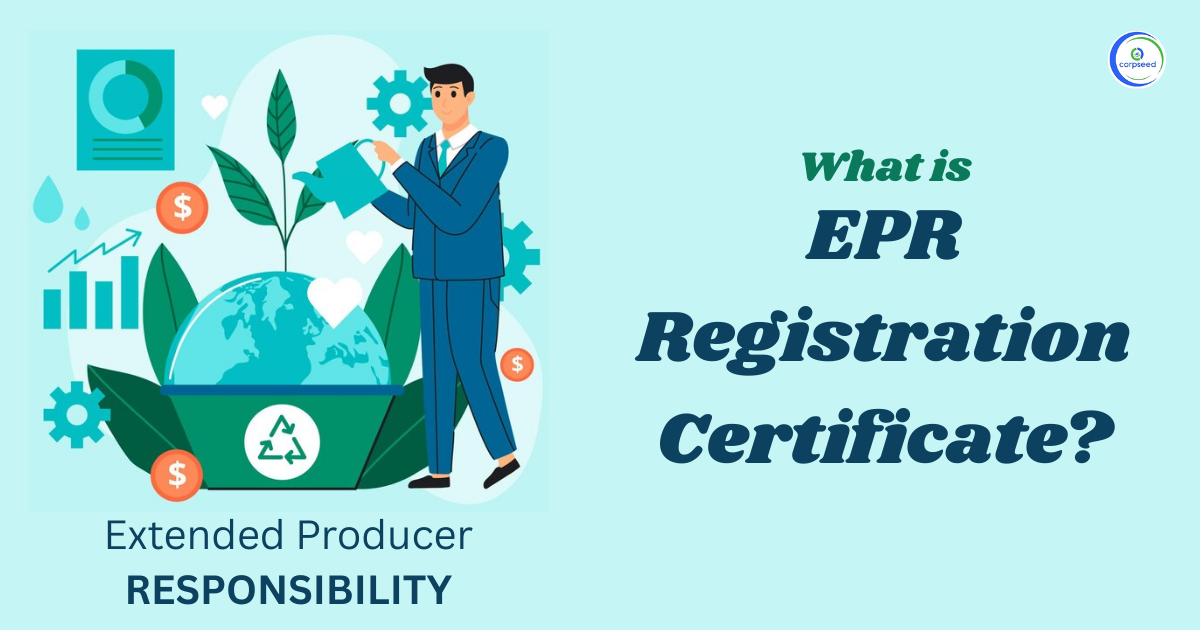
.webp)


